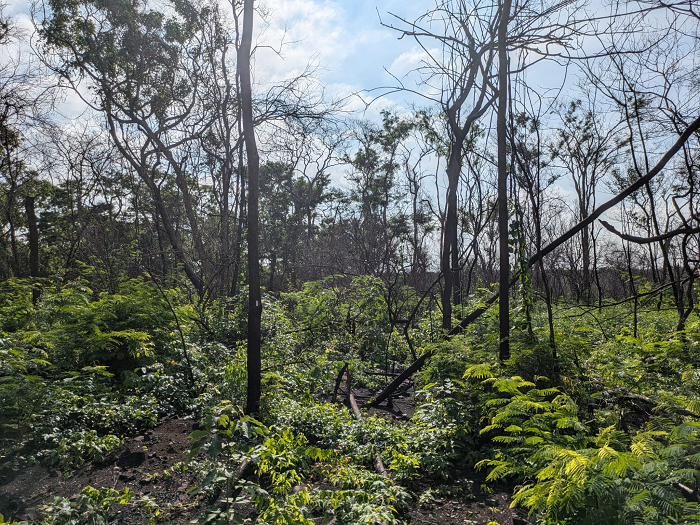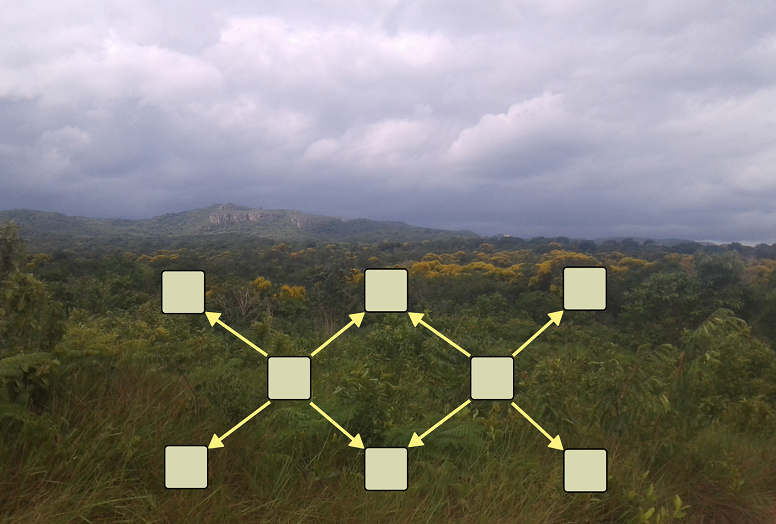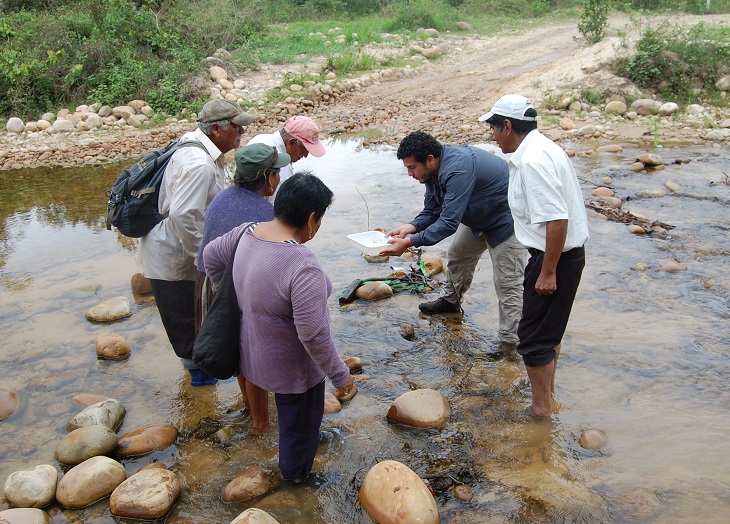Forest monitoring and restoration program
Tropical forests have faced an alarming increase in wildfire disturbances. Over the past two decades, wildfires in the Amazon have affected more than 120 million hectares (RAISG). In Bolivia, the burned area has reached unprecedented levels — in 2024, wildfires affected over 10 million hectares, 65% of which occurred in the department of Santa Cruz. Of these areas, 42% were forested lands without management plans, 36% were non-forested, and 20% were under some form of forest management (Peña & Castro, 2024). This disaster has been described as “the worst environmental devastation in Bolivia’s history.” “The worst environmental devastation in Bolivia´s history“
These impacts highlight the urgent need for scientific information to guide forest conservation, recovery, and restoration efforts
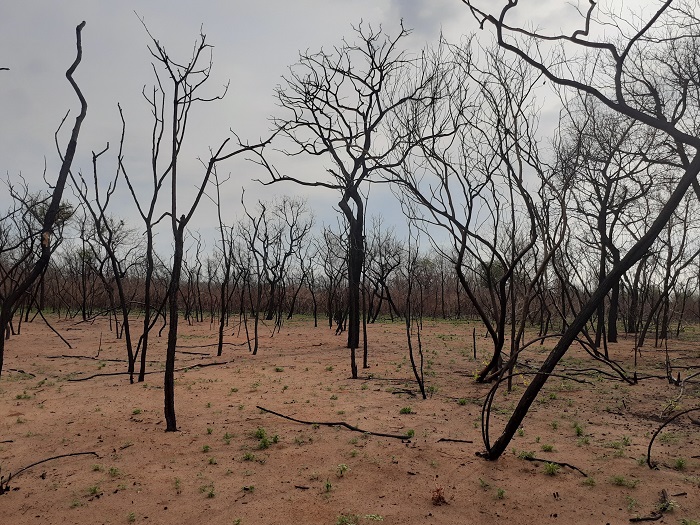
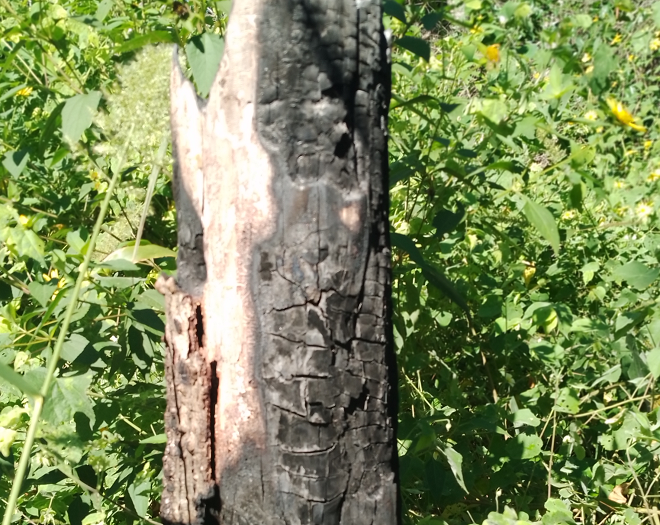
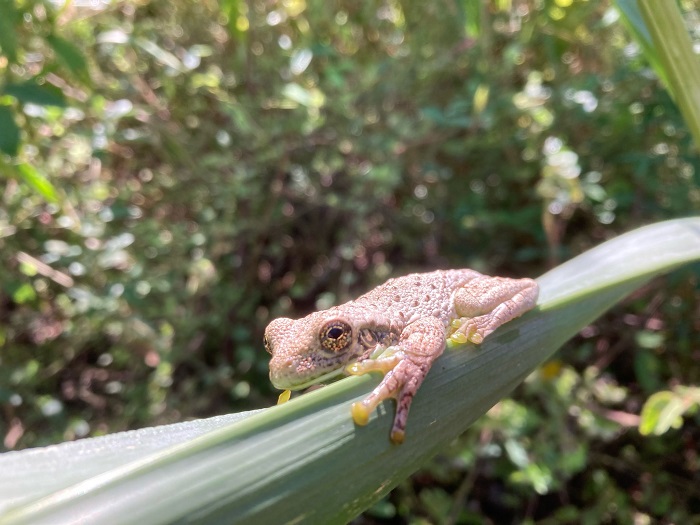
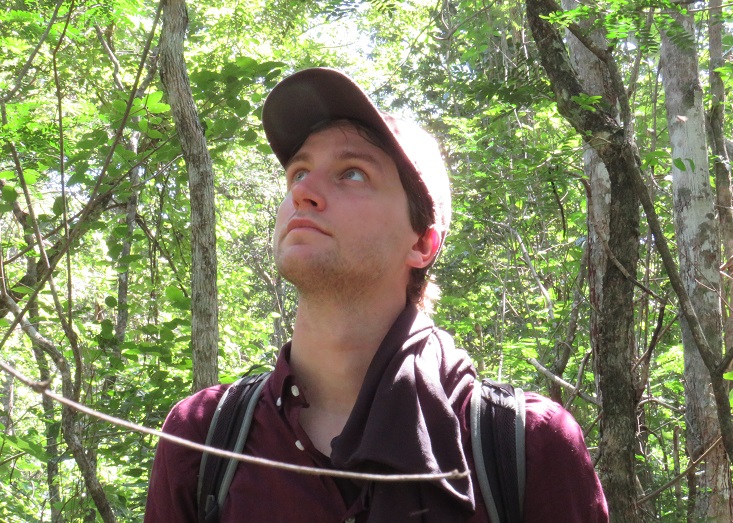
Program objetives
Compile and generate baseline data on the ecology and diversity of tropical forests at high risk of fires or other disturbances.
Establish permanent plots to monitor changes in vegetation and fauna in fire-affected forests.
Strengthen a research network focused on monitoring burned forests to avoid duplication of efforts and promote ethical, transparent data sharing.
Raise public awareness and understanding of the impacts of wildfires and forest degradation, as well as the natural processes of recovery and resilience.
Ongoing projects
ReBos is a long-term research project that seeks to understand the impacts and recovery changes that wildfires cause in the Chiquitano dry forest.
At ReBos, we monitor forest plots long-term in collaboration with Wageningen University in the Netherlands, with ongoing participation from graduate students from the same university.
Learn more about our porject here
An ongoing initiative that seeks to help coordinate and unite the efforts of research projects that conduct plot monitoring to measure the impacts of fire on vegetation. We are seeking interested partners to build this network.
This project will seek to conduct research that considers the social component as a central element of forest restoration. The project will develop educational and training materials and strategies. Initiative under construction.
